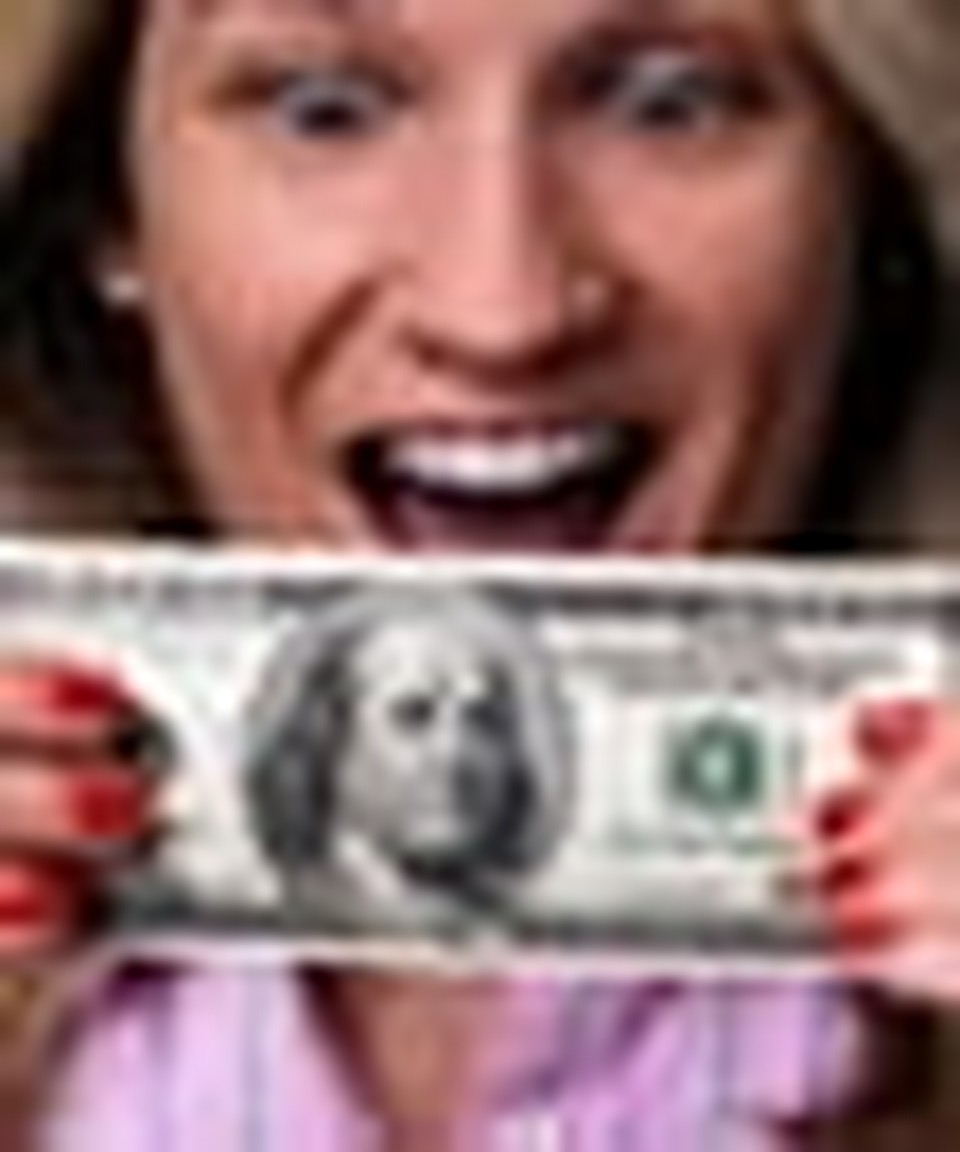When CD Rates Seem Too Good To Be True

A Sound Mind Investing member in Texas recently sent us two newspaper ads for CDs with surprisingly attractive rates. One, from a company called First Fidelity Tax and Insurance, offered a 5.39% APY rate on a 3-month CD. The other, promoted by Sun Cities Financial Group, touted a 4.25% rate on an FDIC-insured CD with a 6-month term. How can these companies offer such high rates? What's the catch?
The Companies
The firms running the ads are quick to state they are not banks. Instead, they "help consumers locate insured banks nationwide" or are "a leader in locating superior banking and insurance products."
Technically, they are "CD brokers." The Sun Cities web site explains the company is "engaged in the business of placing deposits or facilitating the placement of the deposits of third parties with FDIC-insured depository institutions." The FDIC and SEC have some words of warning about this type of activity, which we'll get to shortly.
On the surface, their supposed ability to locate superior financial products looks to be of questionable value. After all, websites such as Bankrate.com turn anyone with an Internet connection into "a leader" in locating banks offering attractive rates. However, if you search Bankrate.com's national database of banks, you won't find CD rates anywhere close to 4%-5%. Currently, the best 6-month CD at Bankrate has a yield of only 1%—and 0.45% was the best they could come up with for a 3-month rate. So, again, how can the companies advertising in The Houston Chronicle provide CDs offering so much more?
The Rates
It turns out that the advertised rate isn't the CD rate. One ad hinted at this by stating, "Yield may include a bonus." The other was more explicit, stating: "Yield includes an interest bonus of 3.00%, plus 1.25% annual percentage yield."
Here's how it works. First—taking a page from the time-share marketing playbook—you have to go to the company's office. There you will be told about two or three banks they have "located" offering CDs at attractive rates (more in line with what you'll find through Bankrate.com.) Once you open a CD at one of the banks, the company promoting the high rate will pay you the difference in the form of a bonus, in some cases sending the bonus money along with your check to the bank where the CD will be held.
For example, say they locate a bank offering a 6-month CD paying 1.25% APY. If you deposit $10,000, in six months you will have earned $62.50 ($10,000 x 1.25% = $125, which is then divided in half based on the 6-month term). The CD broker covers the remaining 3%, or $150.
The Pitch
Of course, the company hasn't made any money from you yet. In fact, they've spent $150. When we asked one such company about this, the CD was described as a "loss leader." They compared it to a grocery store that promotes $2 steaks with the hope that you'll buy other things while you're there. And what might those "other things" be in a case such as this? Insurance products.
While you're in the office availing yourself of the company's "superior bank product location service," you'll be pitched on life insurance or an annuity. From their perspective, you're a perfect candidate for such high-commission products. You're in the market for a conservative, guaranteed rate of return and you've proven by buying the CD that you have money to invest. The fact that it's a short-term CD means it won't be long before you'll have that money available for the product they'd prefer to sell you.
This is exactly what CBS MoneyWatch writer Allan Roth found when he checked out a similar CD offer. His contact at the firm conceded he "only made money when he sold an insurance product."
The Warning
According to the FDIC, a deposit broker "can be anyone from one person working alone from home to someone affiliated with a major financial-services firm. There is no federal or state licensing or certification process to become a deposit broker, and the FDIC does not examine, approve or insure deposit brokers." It adds, "CDs sold by brokers can be complex and may carry more risks than traditional CDs sold directly by banks," and "There have been a few cases reported of unscrupulous deposit brokers allegedly misleading or defrauding investors."
The SEC agrees: "Since brokered CDs are sold through an intermediary, you'll need to take extra steps to avoid fraud." Recommended precautions include: thoroughly check the background of the deposit broker, identify the issuer (CBS' Roth found the bank he was steered to had the lowest "Safe & Sound" rating from Bankrate.com, only one out of five stars), ask about your deposit broker's record-keeping, and find out what happens if you need to withdraw your money early.
Better yet, just say no to any CDs that come with sales-pitch strings attached. The small interest bonus you'll get in exchange for hearing them out likely isn't worth your time—or the risk of them convincing you to buy their high-commission products.
Matt Bell is Associate Editor at Sound Mind Investing. Since its founding by Austin Pryor in 1990, SMI has been providing clear, trustworthy, market-beating investment guidance to the Christian community. Some 10,000 subscribers look to its flagship publication, the Sound Mind Investing monthly newsletter, for biblical guidance on a range of financial issues and specific investment advice. Matt is also the author of four personal finance books published by NavPress, and speaks at churches, universities, and other venues throughout the country.
Publication date: March 10, 2014
Originally published March 10, 2014.





